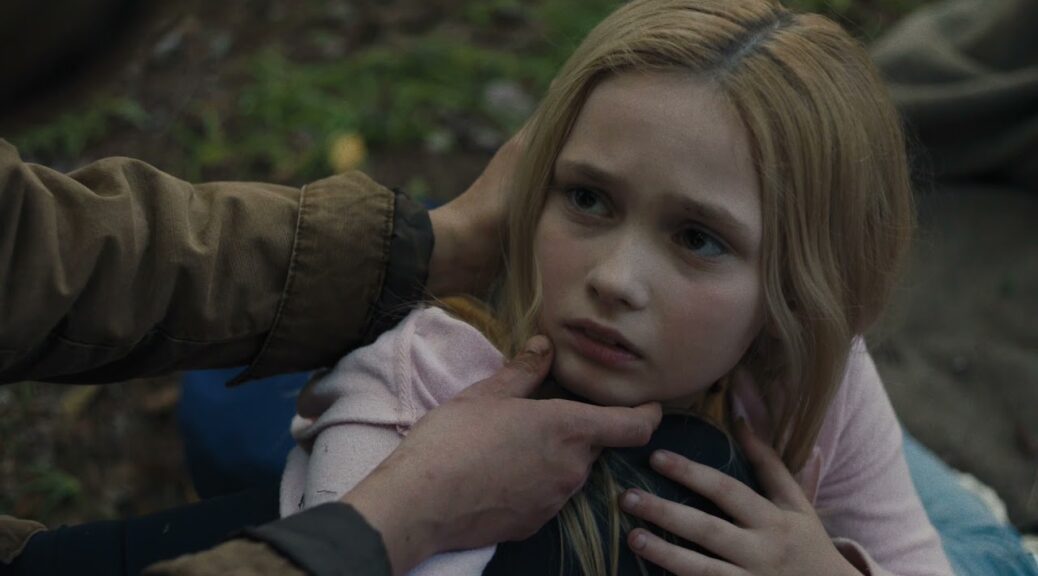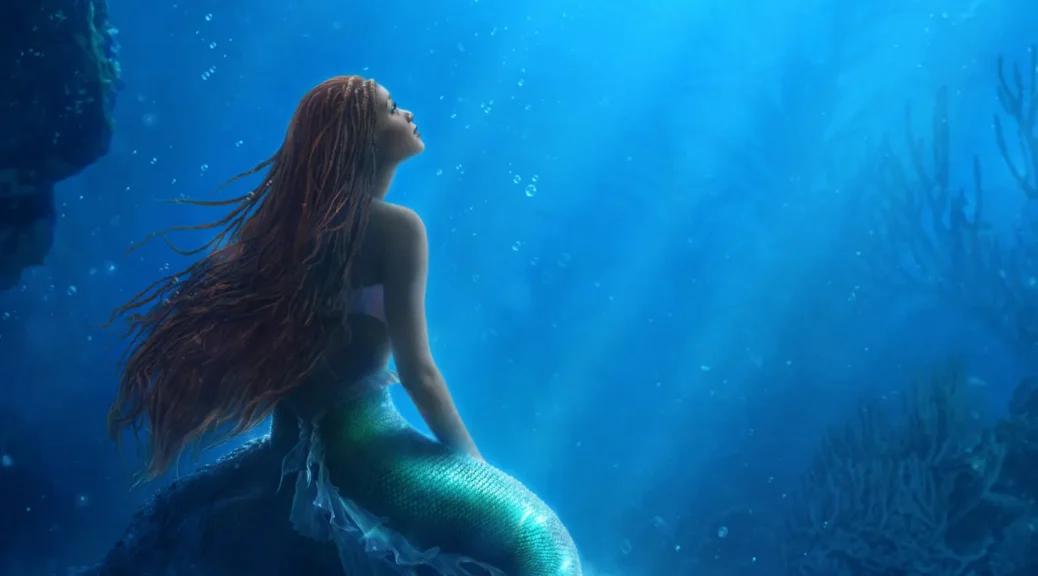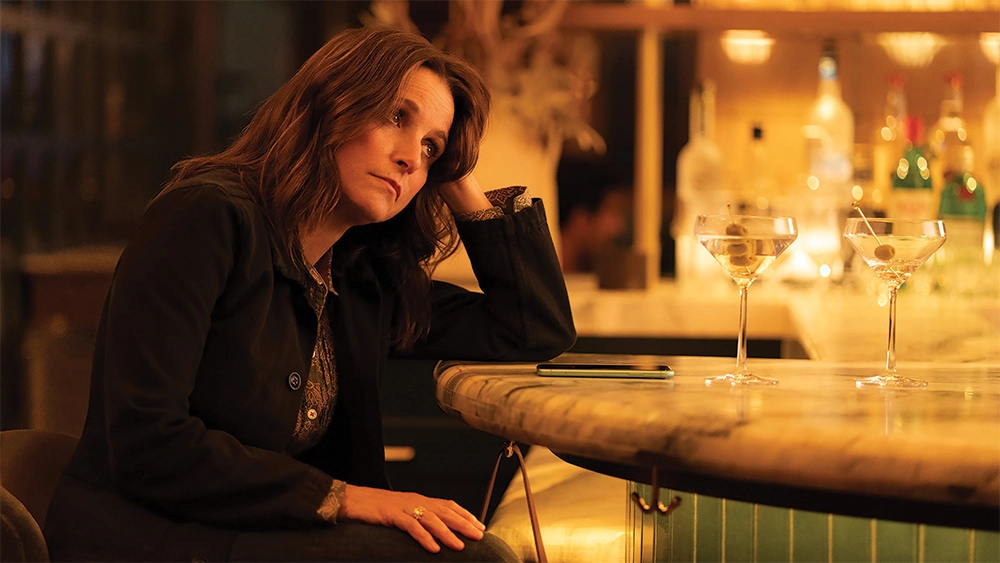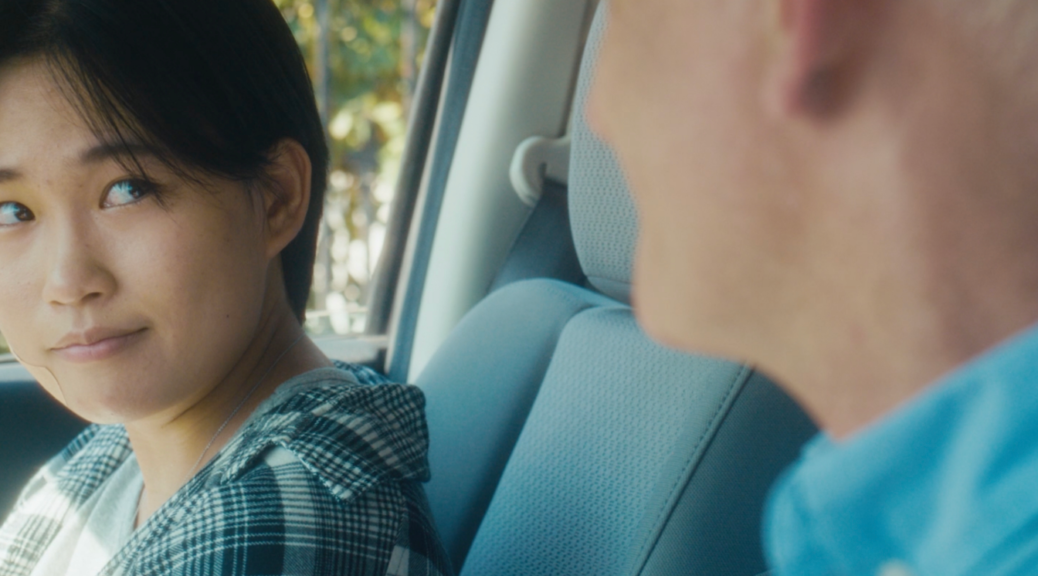The Attachment Diaries
by Hope Madden
Tell me you’re having a bad day without telling me you’re having a bad day.
Argentinian filmmaker Valentin Javier Diment knows how to articulate desperation with nothing more onscreen than a sidewalk, heavy rain, and a broken heel. From there, The Attachment Diaries sets up an eerie power dynamic between forlorn Carla (Jimena Anganuzzi) – pregnant, alone, very wet and in need of help – and Irina (Lola Berthet).
It’s 1970-something. Irina is a doctor willing to perform abortions, but Carla, is too far along. If she’s willing, Carla can stay with Irina, give birth and make some money with an arranged adoption.
Diment invests time in both characters, neither of whom is quite what she seems. The more we learn about each the less we really know, but trouble’s brewing, that’s for sure. And the greater the intrigue, the stranger the film.
The filmmaker wades hip deep into triggers: abortion, self-harm, sexual assault. And his approach unsentimental. No, it is blunt. Nothing is sacred, or to be honest, even interesting enough for Irina’s thoughtful consideration. Trauma and mental health are not treated delicately, either. No kid gloves, but loads of intentionality – Carla is often as shocked by Irina’s blasé attitude as we are, and Carla’s no delicate flower.
Berthet and Anganuzzi deliver everything a moviegoer needs from the heroes and villains of this twisted tale. Berthet is the hard candy shell to Anganuzzi’s messy middle, and neither character is easy to root for. But together, their almost hostile yet somehow tender chemistry fuels the human madness developing in the film.
Flashes of Hitchcock and Almodovar (that’s a fun pairing!) flavor the film’s aesthetic and movement, Diment blending inspiration with his own impeccable sense of detail to create a film full of intensity, eccentricity and style.
The filmmaker sets up gorgeous shots, both to keep you off balance and for the sheer odd beauty of them. His use of color is also fascinating. At first it feels a little too on-the-nose, but the truth is that, once again, he’s underscoring a change in the power dynamic.
The escalating lunacy nearly tips to melodrama or even parody, but the duo at the center of it all manages to hold it all together somehow. The Attachment Diaries is a dark, bizarre mystery thriller that flirts with B-movie status in a way that somehow makes the experience richer than it had any real right to be.












